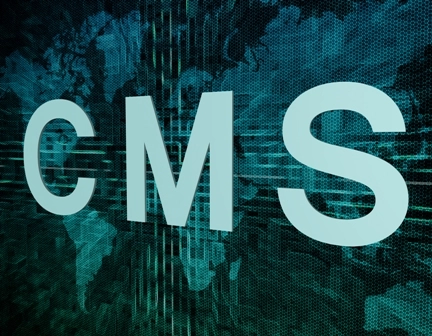Part B Insider (Multispecialty) Coding Alert
Check Out the Rules on Extended Repayment Schedules
Question: Our Part B practice made a major billing error that resulted in a massive overpayment from Medicare. We recently heard about an option to extend our repayment beyond the usual timeline. How exactly does that process work?
AAPC Forum Participant
Answer: Even though the Centers for Medicare & Medicaid Services (CMS) is clear that overpayments must be paid as quickly as possible, the agency does have options for providers struggling with recoupment.
After your Medicare Administrative Contractor (MAC) verifies that you’ve been overpaid, the system generates a receivable and a demand letter is issued for your payment.
You’re “given 30 days from the date of the letter to pay the requested amount before the receivable starts accruing interest,” Part B MAC NGS Medicare reminds in online guidance.

However, if a “provider acknowledges that the overpayment exists but is unable to refund the entire amount within 30 days,” they can request an extended repayment schedule (ERS) from their specific carrier, explains Part B MAC CGS Medicare.
But you should let your MAC know sooner rather than later of the financial hardship, advises NGS. “While you may request an ERS at any time during the debt-collection process, timely submission of a valid request may decrease the necessity to withhold interim payments,” NGS says.
CGS adds, “A repayment schedule may be established for all or part of an overpayment and may be requested at any time as long as the overpayment is outstanding and has not been referred to the Treasury.”
Each Medicare carrier has its own process for ERS requests, so review your MAC’s guidance to ensure you are submitting all the necessary documentation.
Reminder: Neither financial hardship nor an ERS will stop interest from accruing on your overpayment.
Related Articles
Part B Insider (Multispecialty) Coding Alert
- Quality Payment Program:
Get a Grip on MIPS Proposals for 2023
CMS plans a slow rollout for MVPs. If last year’s finalized overhaul of the Merit-Based [...] - CPT® 2023:
Get Ready for Revamped Office/Outpatient Consultations Codes in 2023
Factor in updated descriptions as well as using MDM versus time. You can get ahead [...] - Part B Coding Coach:
Cut Duplicate Claims With This Expert Insight
Tip: Review the basics on repeat modifiers to decrease denials. If Medicare denials are piling [...] - Reader Questions:
Check Out the Rules on Extended Repayment Schedules
Question: Our Part B practice made a major billing error that resulted in a massive overpayment [...] - Reader Questions:
Understand the Right of Access Provision to Avoid HIPAA Issues
Question: One of our patients has a sizable balance and hasn’t responded to requests for payment. [...] - Physician Notes:
Know the Facts on Medicare Provider Enrollment and Revalidations
As the healthcare industry continues to reinstate policies as COVID cases ebb and flow, you [...] - Physician Notes:
Pocket These Critical Details on the Accelerated Payment Recoupment Process
If you intend to submit a debt dispute over COVID-19 Accelerated and Advance Payment (CAAP) [...] - Physician Notes:
Feds Open MIPS 2021 Targeted Review Window
If your MIPS data, final score, or payment adjustment for the 2021 performance year doesn’t [...]



